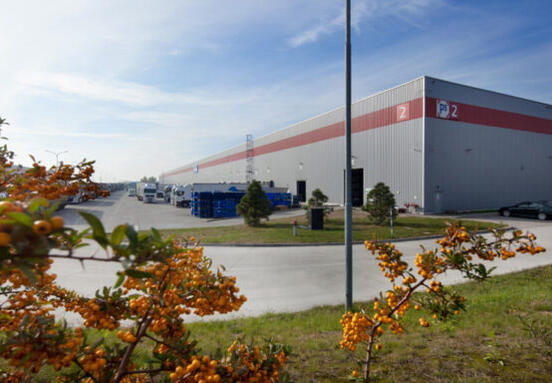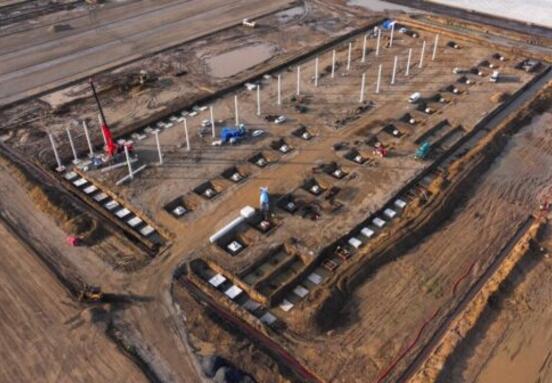Only afterwards is it possible to evaluate the impact of these deficiencies on the operating costs and the lifespan of the given property, as well as draw up a budget for possible repairs or renovations. The thesis is that real estate owners who focus on implementing ESG principles often achieve higher performance. And the faster the sustainability goals are met, the faster the return on investment is.
PlanRadar - one of the leading European platforms for digitizing processes during construction and real estate management - helps you to best integrate the ESG strategy into the technical inspection of buildings or assess the costs of reconstruction of an existing portfolio. It has now published its own analysis on the subject of ESG: its role in the construction industry and its impact on asset values.
Data from consulting firm Deloitte confirms that ESG practices bring significant business benefits. A total of 52% of investors implement ESG as a strategy to increase the value of real estate. However, achieving ESG goals is not possible overnight. The integration process is quite lengthy: it requires evaluating a range of data, compiling reports and aligning objectives with the help of third-party expertise. There are also higher initial costs associated with this, as well as conscientious compliance with safety regulations, which are constantly expanding along with ESG standards.
"ESG is becoming the driving force behind investment memoranda. These are now set to include all ESG risks, strategies for mitigating them and detection during the technical inspection of real estate, including related costs," explains Ivan Petráš, digitization expert at PlanRadar, adding: "Companies that take this criterion seriously and they consider the potential of digital tools to support more effective record management and improve their governance, enhance their social value and reduce their negative impact on the environment. This creates a better atmosphere in the market and provides protection against economic instability."
PlanRadar's analysis further clarifies how digital platforms in the construction industry can facilitate the integration of ESG-related data in due diligence to accurately identify structural issues, inconsistencies and risks.
Although the EU taxonomy and regulations are still evolving, companies that implement effective ESG monitoring strategies open the door to higher returns on investment over the long term. Comprehensive documentation of assets as part of technical due diligence requires a lot of time. Digital solutions make this process significantly more efficient and help ensure long-term asset appreciation, tenant satisfaction and overall increase in company value.






